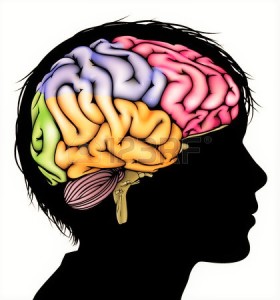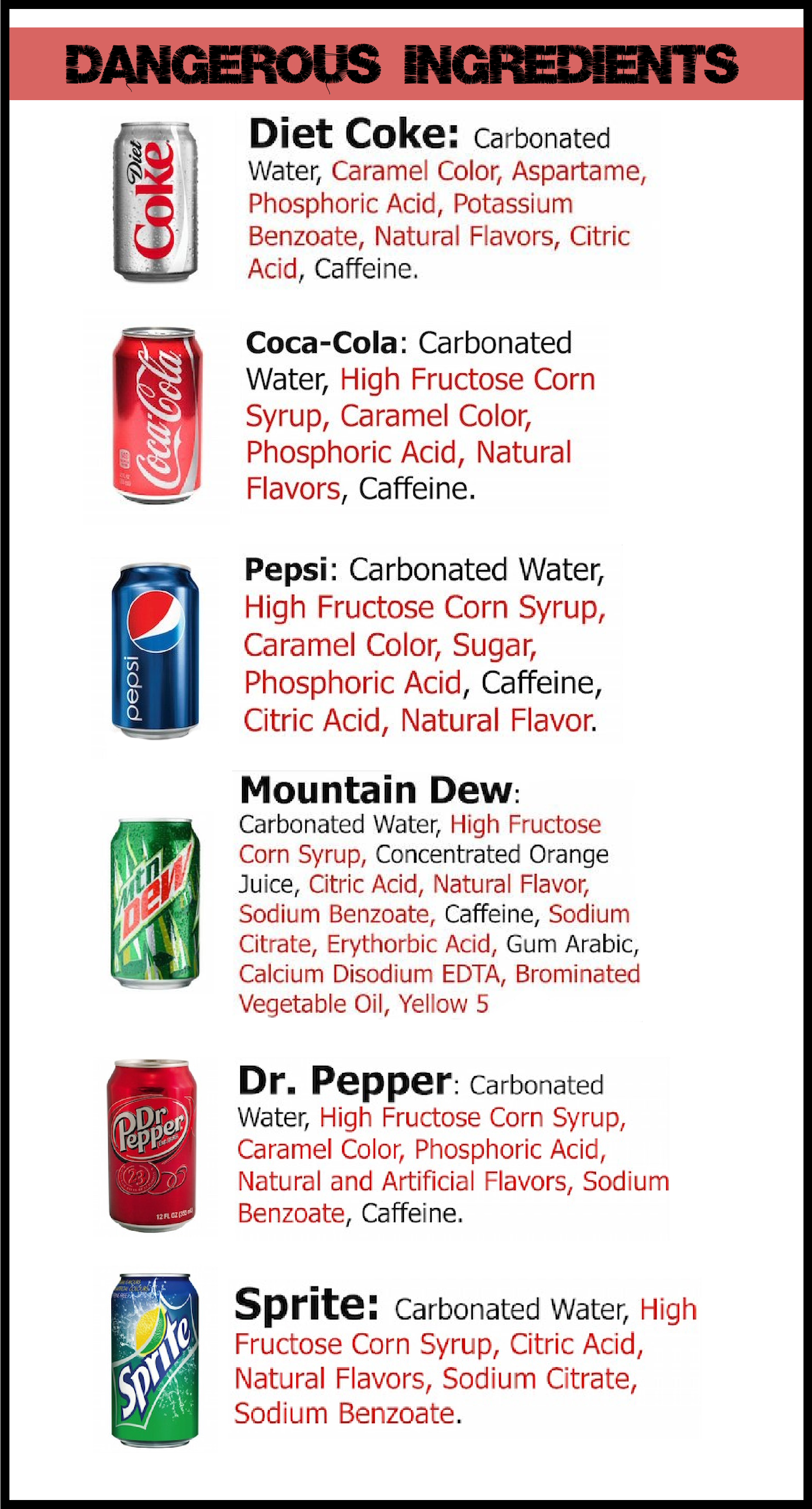AT RISK FOR “Type 3 DIABETES” – aka Alzheimer’s Disease?
Diabetes, Alzheimer’s and Dementia are all on the rise. You cannot help but to worry about your grandparents and aging parents. Dementia is a big problem and getting bigger every day.
Statistics are daunting, 10 percent of 65-year-old, 25 percent of 75-year-old, and 50 percent of 85-year-old’s, will develop dementia or Alzheimer’s disease. And the fastest growing segment of our population is the 85-year-old’s. Researchers predict Alzheimer’s will affect 106 million people by 2050. It’s now the seventh leading cause of death.
Scientists now call Alzheimer’s disease “Type 3 diabetes.”
Diabetes type 3 is the new link between Alzheimer’s, Dementia and diabetes. New research shows insulin resistance, (from eating too many carbs and sugar and not enough fat) is one of the major factors that starts the brain-damage cascade.
It is important to recognize that too much insulin does not just affect the older population. Dementia actually begins when you are younger and can take decades to develop.
The underlying causes of Alzheimer’s disease begin with too much sugar on the brain. The cycle starts when we over-consume sugar and don’t eat enough fat, which leads to diabesity. Diabesity leads to inflammation, which creates a vicious cycle that wreaks havoc on your brain.
If you looked at an autopsy of a brain of an Alzheimer’s patient, you’d see a brain on fire. This inflammation occurs over and over again in every chronic disease and very dramatically with the aging brain and overall aging process
Eating sugar and refined carbs creates insulin resistance and inflammation, this can cause pre-dementia and dementia. But cutting out the sugar and refined carbs and adding lots of healthy fats can prevent, and even reverse pre-dementia and early dementia.
Recent studies show people with diabetes are 4x’s more likely to develop Alzheimer’s. People with pre-diabetes or metabolic syndrome also have an increased risk for developing cognitive impairment.
However, you do not have to have type 2 diabetes to develop brain damage or memory loss from high insulin levels or insulin resistance
How to Reverse Memory Loss
The good news is you can reverse dementia and cognitive decline. To do that, you must control your insulin and balance your blood sugar levels. This will allow you to overcome diabesity and balance your mood, help your focus, help boost your energy level, and prevent all of the age-related brain diseases including Alzheimer’s.
Dementia can be reversed if caught early enough and by attending to all the factors that affect brain function including:
- Eating a low glycemic diet
- Daily exercise – Get moving!
- Decrease stress
- Adequate sleep
- Identify and improve nutritional deficiencies
- Reduce toxic load
- Balance hormonal imbalances
- Decrease inflammation
The basic principles of Functional Medicine, or treating the root cause of disease, help optimize your biological functions. Simply get rid of the bad stuff and put in the good stuff. Your body takes care of the rest. It knows what to do and heals itself.
8 Steps to Reverse Memory Loss
- Balance your blood sugar with a whole-foods, low-glycemic diet. You can achieve this by taking out the bad stuff (refined carbs, sugar, alcohol, caffeine, processed foods, dairy, and inflammatory, omega-6 rich oils such as vegetable and seed oils) and putting in the good stuff (healthy fats like avocados, walnuts, almonds and cashews, grass-fed meats, pastured chicken and eggs, olive and coconut oil).
- Eat healthy fats that make your brain happy. These include omega 3 fats in wild fatty fish, as well as coconut oil, extra-virgin olive oil, avocados, whole eggs, nuts, and seeds.
- Exercise Even a 30-minute walk can help. More active readers might want to incorporate high-intensity interval training.
- Supplement. Minimum recommendation is to take a multi-vitamin and mineral supplement, an omega 3 fat supplement, extra B6, B12, and folate, as well as vitamin D3. A good probiotic will enhance the brain-gut relationship.
- Check your thyroid and sex hormone. If they are out of balance, you will want to treat them.
- Detox from mercury or other heavy metals, if you have high levels, by doing a medically supervised detox program.
- Control stress levels. Chronic stress takes a toll on your body and brain. Relaxation isn’t a luxury if you want to prevent or reverse dementia. Whether that involves deep breathing, meditation, or yoga, find something that helps you calm down.
- Get 8 hours of sleep every night. Studies show poor sleep becomes a risk factor for cognitive decline and Alzheimer’s disease. Aim for at least 8 hours of quality sleep every night.
This is just the tip of the ice berg but these 8 basic steps will help get you started and give your brain a chance to heal and improve memory issues.
Following these 8 steps will help not only achieve better brain health but will lead to overall lifelong health.
The brain and body are connected, you must fuel both for optimal health let food be your medicine!
Forum Health Clarkston
248-625-5143
Resources:
Dr Mark Hyman- Eat Fat Get Thin, Blood Sugar Solution
Endocr Rev. 2008 Jun; 29(4): 494–511.
Published online 2008 Apr 24. doi: 10.1210/er.2007-0034
Dialogues Clin Neurosci. 2009 Jun; 11(2): 111–128
Mayo Clin Proc. 2011 Sep;86(9):876-84. doi: 10.4065/mcp.2011.0252







